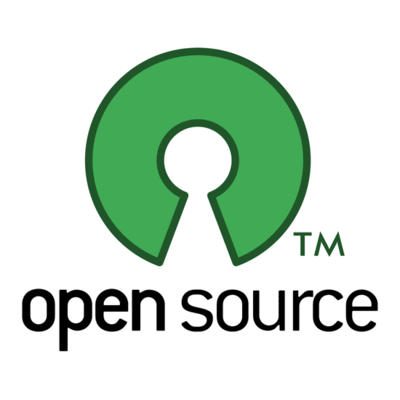kduma/permissions
Simple (really?) package to provide Roles and Permissions to Laravel 5.1
Downloads
Stars
Version
This package has been archived
L5-permissions
Simple (really?) package to provide Roles and Permissions to Laravel 5.1
Setup
Add the package to the require section of your composer.json and run composer update
"kduma/permissions": "^1.1"
Then add the Service Provider to the providers array in config/app.php:
KDuma\Permissions\PermissionsServiceProvider::class,
Then add the Facades to the aliases array in config/app.php:
'Permissions' => KDuma\Permissions\Facades\Permissions::class,
'PermissionsManager' => KDuma\Permissions\Facades\PermissionsManager::class,
Then add the Middleware's to the routeMiddleware array in app/Http/Kernel.php:
'permission' => \KDuma\Permissions\Middleware\Permission::class,
'role' => \KDuma\Permissions\Middleware\Role::class,
in your User model (app/User.php) add following line:
use \KDuma\Permissions\Permissions;
Run the following command to copy migrations:
php artisan vendor:publish --provider="KDuma\Permissions\PermissionsServiceProvider" --tag="migrations"
In SampleMigrations folder are examples you can use or make new based on.
- In
2015_01_01_000005_create_and_assign_roles_and_permissions.phpmigration file are sample Roles and Permissions - In
2015_01_01_000006_create_administrator_account.phpmigration file is created administrator account
Usage
Protecting controllers and routes
You can use two Middleware's: permission and role
Route::get('admin/profile', [
'middleware' => 'role:editor',
'uses' => 'UserController@showProfile'
]);
or
class UserController extends Controller
{
public function __construct()
{
$this->middleware('permission:user.edit:user.panel');
}
}
You can provide more than one role/permission in one call by separating them using :. For example: permission:perm1:perm2:perm3. Middleware refuses access if user hasn't any of provided permissions/roles.
Checking permissions in views
You can use Permissions facade:
Permissions::can('permission');
or
Permissions::is('role');
Creating/deleting roles and permissions
To manage roles and permissions you can use PermissionsManager Facaade.
The easiest way to manage permissions is putting them in migrations files.
PermissionsManager Facaade has bunch of usefull methods:
- Roles
-
PermissionsManager::createRole('ROLE_STRING_ID', 'ROLE_DESCRIPTION'); -
PermissionsManager::deleteRole('ROLE_STRING_ID');
-
- Permission
-
PermissionsManager::createPermission('PERMISSION_STRING_ID', 'PERMISSION_DESCRIPTION'); -
PermissionsManager::deletePermission('PERMISSION_STRING_ID');
-
- Attaching and Detaching roles and permissions
-
PermissionsManager::attach('ROLES_LIST', 'PERMISSIONS_LIST'); -
PermissionsManager::detach('ROLES_LIST', 'PERMISSIONS_LIST');
-
Admin role
As default admin role is setted to be root role. Root role always has all permissions. You can change it in configuration file.
Extending
Models
You are free to extend Permission and Role models.
If you extend, set model path in configuration (in ConfigServiceProvider):
config([ 'permissions.models.Role' => '\App\Role' ]);
Sample extended model:
namespace App;
use KDuma\Permissions\Models\Role as BaseRole;
class Role extends BaseRole
{
public function members()
{
return $this->hasMany('\App\Member');
}
}
Roles and Permissions from associated models
For example if your user is associated to an Member object that have own role,
you can import them by placing this sample method in your User model:
protected function fetchAddionalPermissions($roles_list, $permissions_list)
{
$this->load('member.role.permissions');
if(!is_null($this->member) && !is_null($this->member->role)){
$role = $this->member->role;
$roles_list[$role->str_id] = $role;
foreach ($role->permissions as $permission) {
$permissions_list[$permission->str_id] = $permission;
}
}
return [$roles_list, $permissions_list];
}
Packagist
View this package on Packagist.org: kduma/permissions

